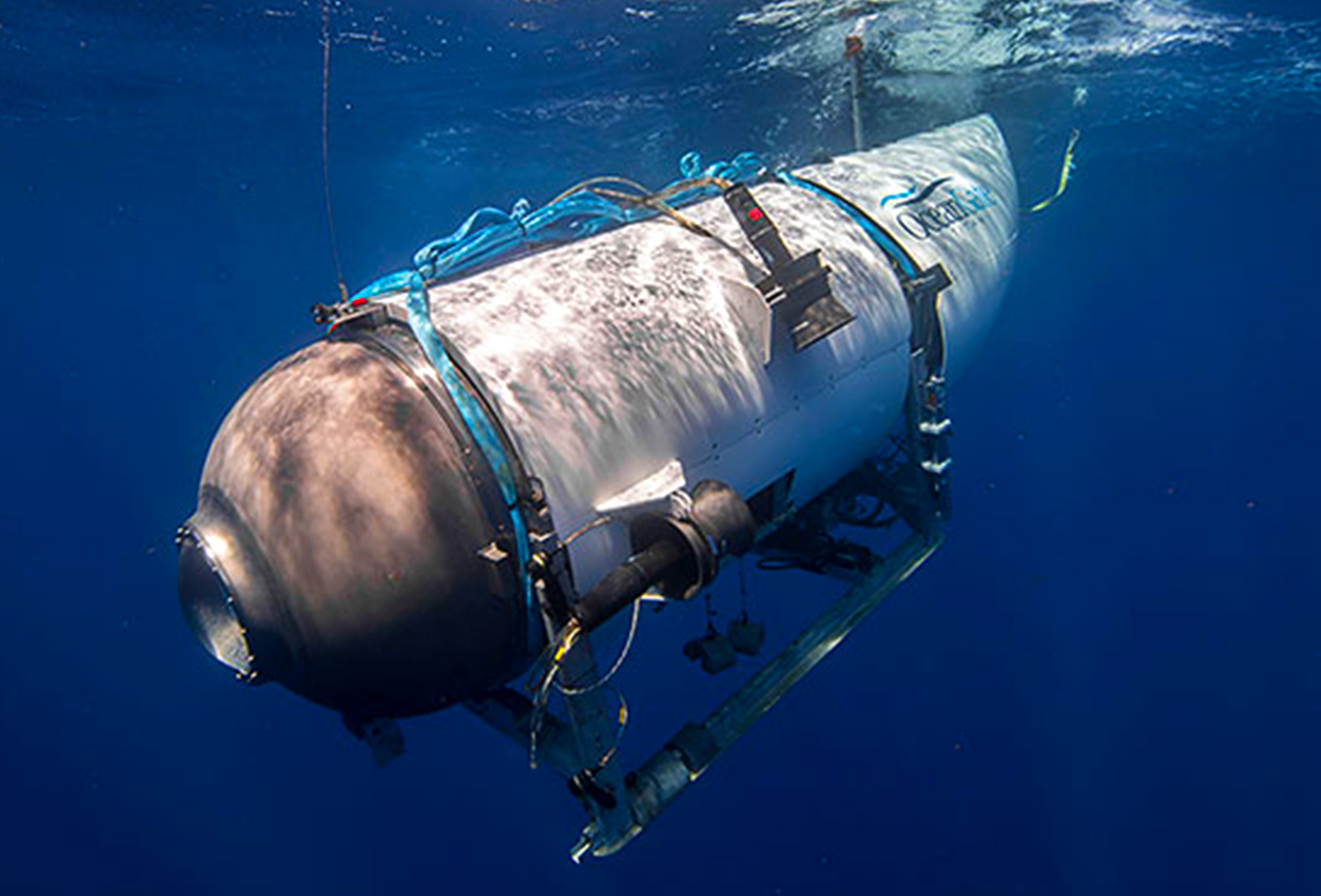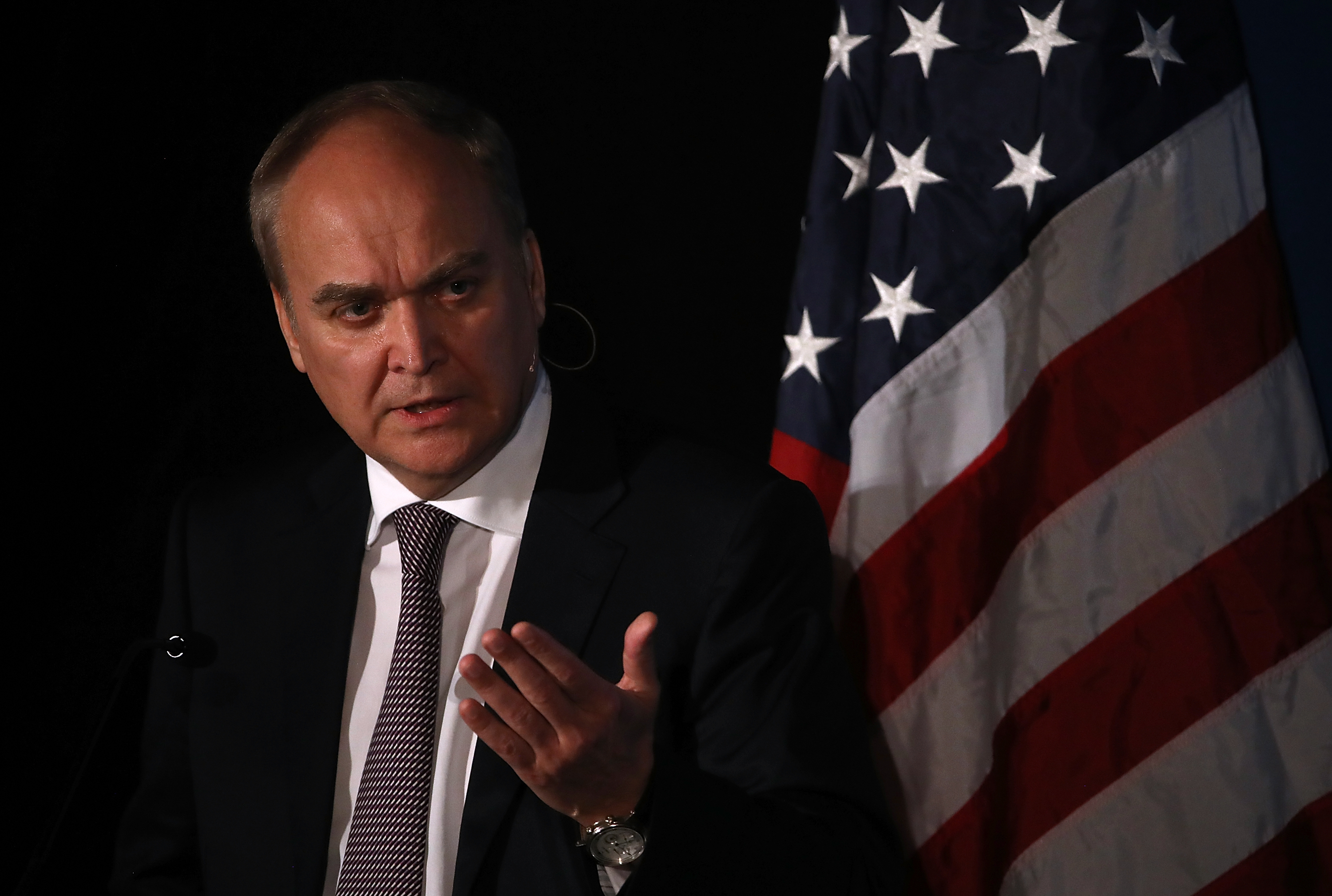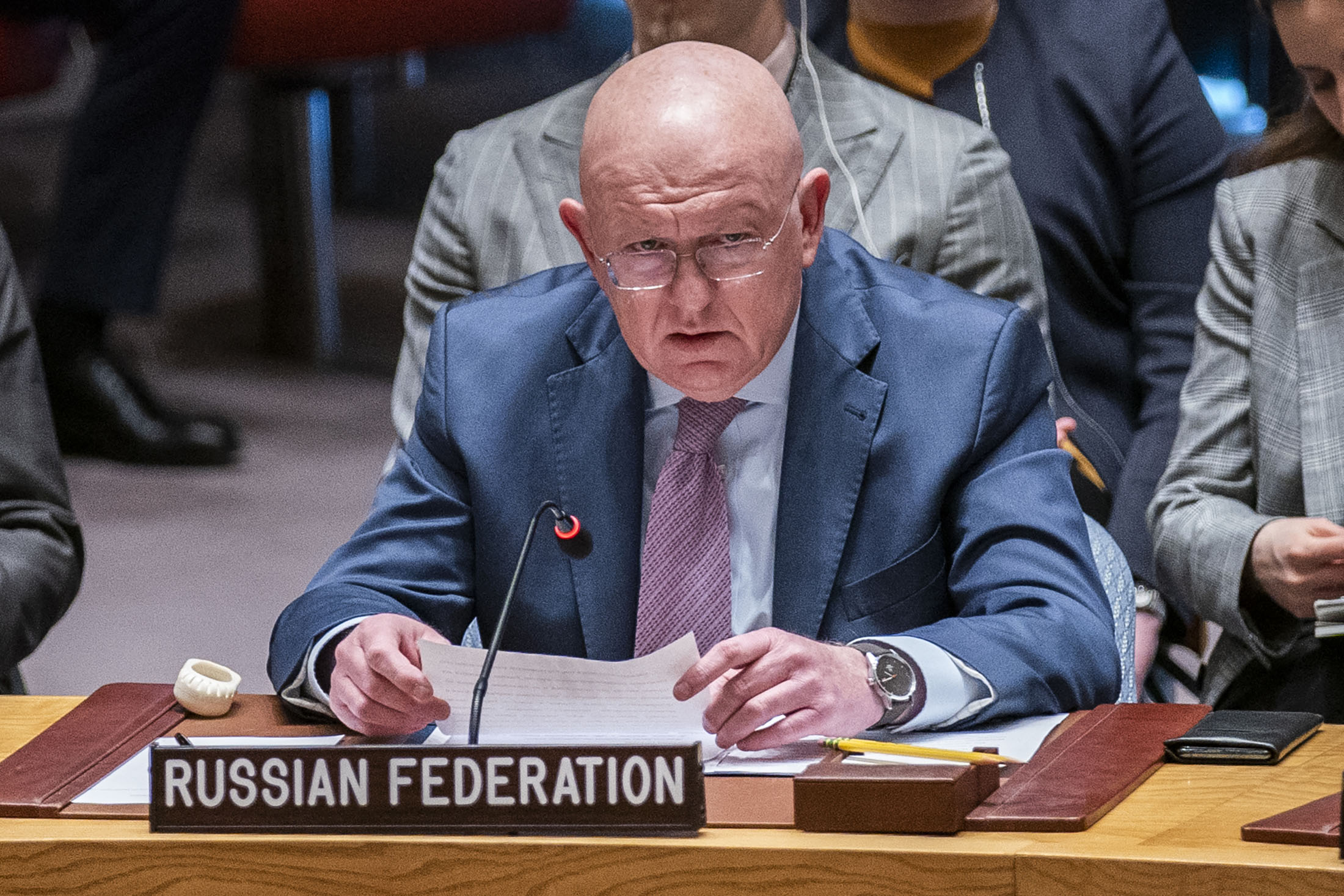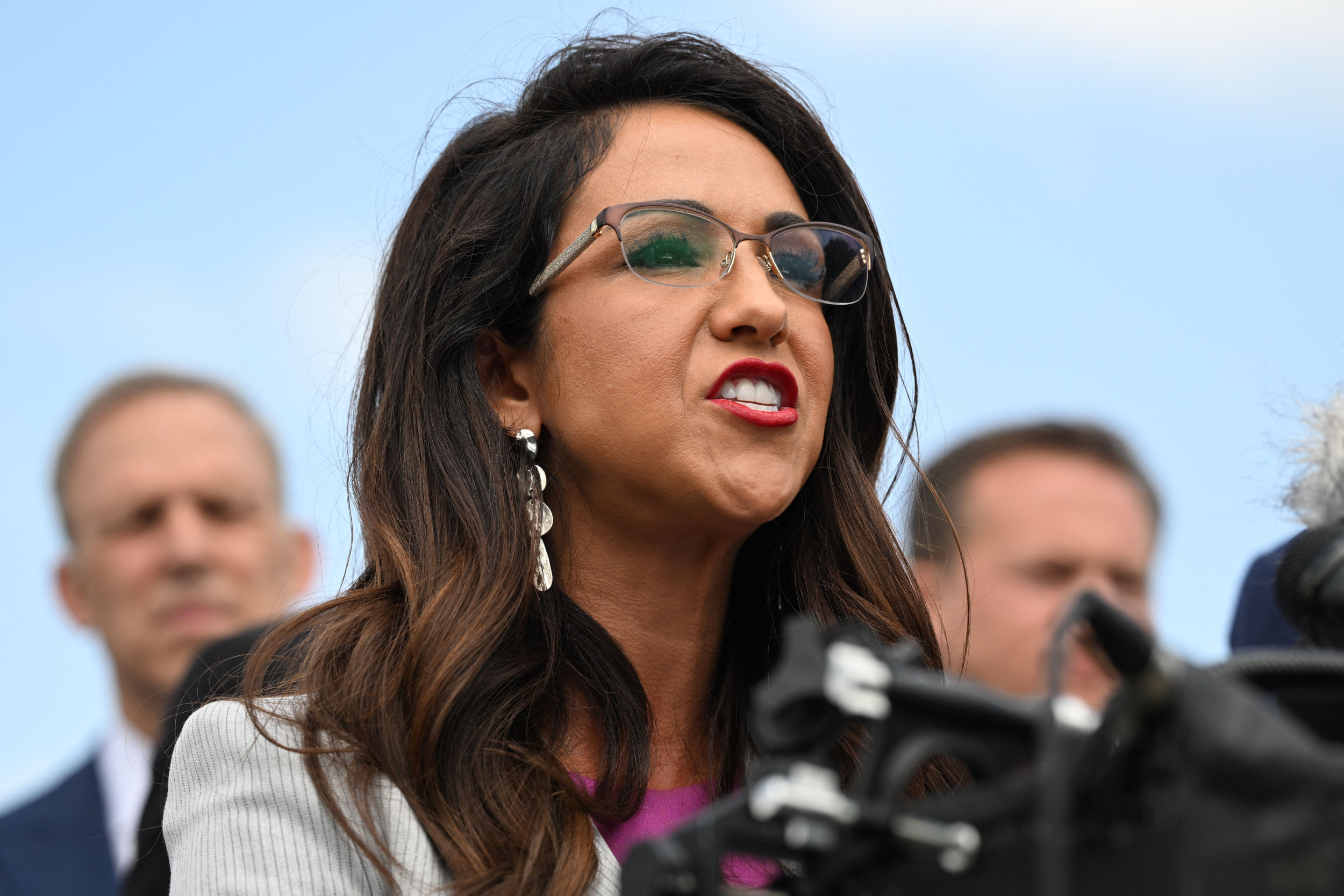A former commander of U.S. Army Europe has urged patience among Western leaders and the public as Ukraine's long-awaited, high-stakes counteroffensive grinds on, at what President Volodymyr Zelensky has called a "slower than desired" pace.
Retired Lieutenant General Ben Hodges told Newsweek that concerns around Ukraine's slow progress and reported high casualties in the opening phase of the operation should be tempered by military realities, and not shaped by Russian disinformation.
"I'm reluctant to be too specific about what's going on right now," Hodges said of Kyiv's push, which the Institute for the Study of War (ISW) think tank perceived to have begun on June 8. Ukrainian units have gone on the offensive at multiple points along the 800-mile front, in what is believed to be broad probing operations searching for Russian weak spots.
"We should assume there's always going to be a two, or three, or even a five-day lag of information about much of what's happening," said Hodges, who commanded troops in the Afghanistan and Iraq wars.

"If you're a company commander—and by the way, a company commander in the Ukrainian army may be a captain, or it could be a sergeant, depending on their casualties—you know what's going on," Hodges said. "But when they're sending reports, they're in combat...You're in a trench line. You're not calling back reports designed for TV, or for journalists, or for think tank people like me."
"A captain, or even a lieutenant colonel, in charge of a battalion, can only see and understand what's to their front, even with modern systems," Hodges added. "Nobody, until you get to the very top levels, is going to have an oversight of the much larger picture."
Ukrainian Commander-in-Chief General Valerii Zaluzhnyi "has, from the very beginning, been very disciplined about protecting information," Hodges said. "And so, when I read reports saying this is a failure, they're having to stop—this is utter nonsense. Because you couldn't declare a failure any more than you could declare victory based on what we are able to see."
Kyiv has reported significant progress on the eastern Donetsk and southern Zaporizhzhia fronts since early June, while Russian officials have repeatedly claimed to have defeated Kyiv's efforts and inflicted severe casualties on the attackers.
There appears to have been no significant breakthrough, and the ISW reported this week that Ukraine may be temporarily pausing its offensive operations to re-evaluate tactics and objectives. Zelensky told the BBC this week: "Some people believe this is a Hollywood movie and expect results now. It's not."
Hodges said a slow offensive pace should not be cause for concern. "Ninety percent of the Ukrainian army is not even in the fight yet," he said, noting that Kyiv's new "armored brigades" equipped with Western main battle tanks have largely not been seen.
"When you see all that, then it's on," he said. "Right now, a very, very small part of the army is even in the fight."
"For the last year we've been watching videos of grenades getting dropped into the trenches from drones," Hodges added. "But that's not how you see a massive battle with tens of thousands of people, hundreds of armored vehicles, and a level of lethality and violence that we have not seen in Europe in over 70 years."

Hodges cautioned against narrative whiplash.
"Everybody was praising Ukrainian soldiers for how resilient they were, and how poorly the Russians have done. Now, all of a sudden, the Ukrainians are failing, and the Russians are winning? What kind of immature, childish sort of analysis is that? Let's allow the professionals to do their job," he said.
"The values that we said were important, the reason that it was important for Ukraine to be successful—none of that has changed. So, what kind of spineless political leadership and other influencers would all of a sudden start wringing their hands and saying we may now have to press them to seek a peaceful settlement?"
The ISW predicted that the counteroffensive "won't likely unfold as a single grand operation. It will likely consist of many undertakings at numerous locations of varying size and intensity over many weeks."
Hodges said flexibility will be key.
"I think that what's going to matter here is who makes the adjustments the quickest. My sense is that Ukraine will continue doing what they've been doing, which is to rapidly adjust to the situation to learn from it. And that's what this whole first phase of the offensive is about," he said.
"There's a difference between 'the offensive' and 'the main attack.' The offensive has started. But the main attack, they're still waiting to see where the cracks are, where the vulnerabilities are."
Hodges said "90 percent" of Ukraine's heavy armored and NATO-trained formations have not yet joined the battle. "Just imagine when that other 90 percent starts getting into the fight," he said.
Newsweek reached out to the Russian Defense Ministry via email for comment.








